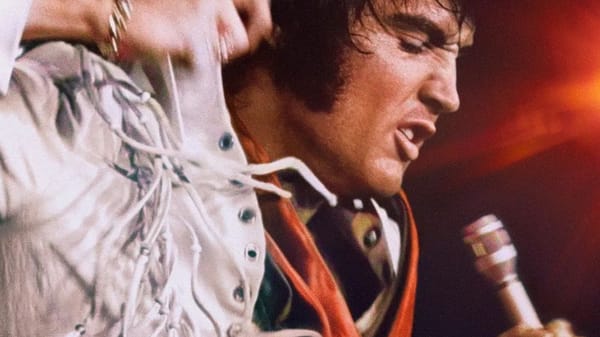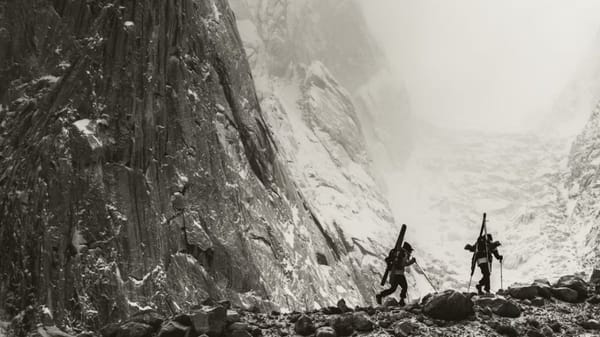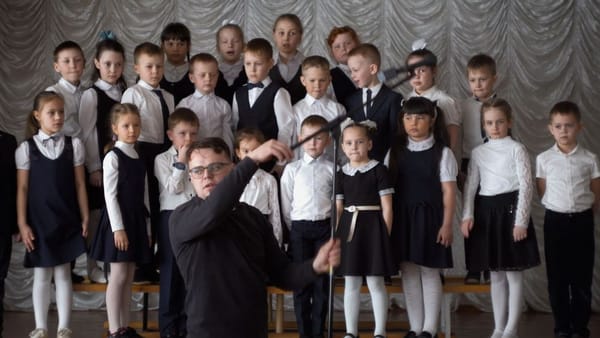Melbourne International Film Festival: Trains (dir. Maciej J. Drygas)
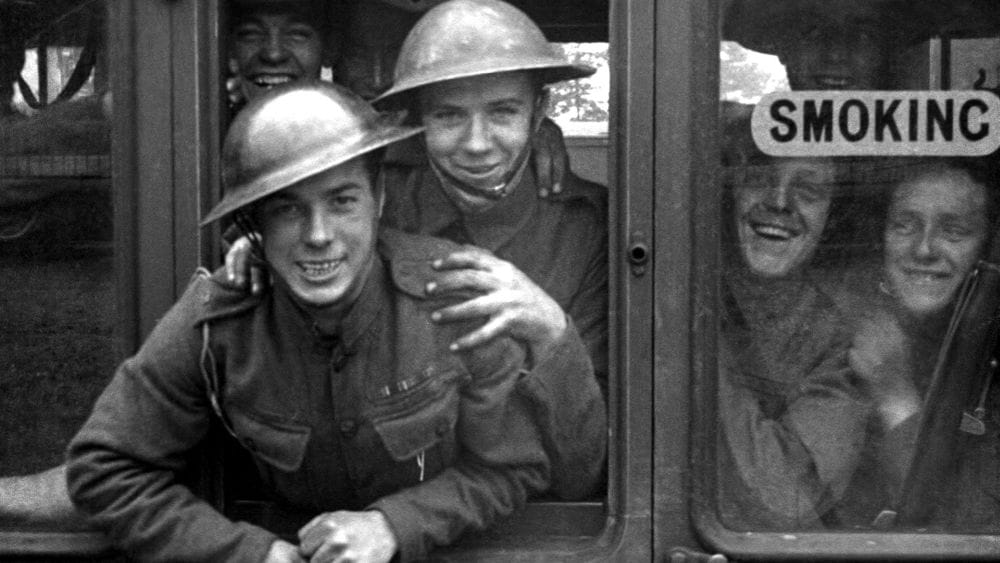
When I was asked by a friend what my favourite film of this year's Melbourne International Film Festival was so far, I answered, "The 80-minute wordless documentary about trains." The response was, "That tracks." Bonus points for the accidental pun, but also, yes, it very much does track. Polish filmmaker Maciej J. Drygas' exploration of locomotive transport and its visual ephemera is so my kinda shit, it's honestly hard to put into words. This is why reviewing one's favourite films of any given year can be much harder than anything else. Especially when I, and in particular with a film like this, am really going on vibes more than anything else. Will this be my favourite documentary of the year? Who's to say! It'll be up there all right. Would you be able to ascertain that from this review? Probably not. How do I explain the very internal, contemplative thoughts that I had throughout its brief yet dense runtime? How does anybody explain that unspeakable, unexplainable thing that you feel as you watch a movie and go, 'aha!' inside your mind. So, I guess, what I'm saying is, just take my word for it. Drygas' first film in 12 years filled me with that sensation we all long for. And all it took was some trains.
Built from the combing of 16mm footage from 48 national archives (down from ~100 that were investigated for inclusion; the NFSA is in there with some brief footage of Flinders Street station), Trains charts roughly 50 years of the supreme mode of transport, largely through unfortunate times. As is humanity's want, they got turned into war machines pretty darn fast. And in the first half of the twentieth century, there was a lot of war. Drygas and editor Rafał Listopad shift through construction of these big steam engine locomotives in its enveloping opening sequences to their use as social spaces (fashion shows! cinemas! orchestras!) running on tracks that were the playthings of children, on through to soldier transport and the delivery mechanism for bombs and shells and human beings to be dehumanised, murdered and left to decompose. To then the dissasemblage and packing up, discarded in the rapid escalation of (unseen) cars and airplanes.
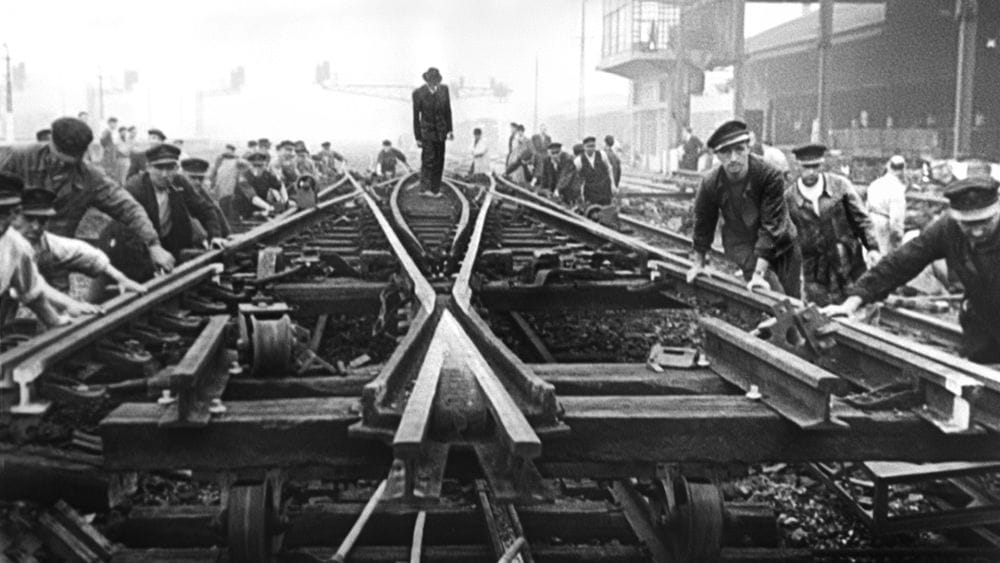
This footage—stark black and white, a mix of documentary, I assume educational film and propaganda features, blessedly free of the temptation to include famous train sequences from narrative cinema—is paired with extremely impressive soundscape by Saulius Urbanavićius. A modest but no less emotionally powerful blend of industrial sounds with the cranking and the creaking of steam trains and hammer on steel with Paweł Szymański's fine-tuned score (which incorporates his own "Compartment 2, Car 7"). It's becomes a wholly created wall of ominous, droning sound and is an experience all its own. In its early passages it could be mistaken for Eraserhead deleted scenes or something out of the steampunk era (appropriately so given the subject matter!). The effect is quite something and as much as I was captivated in the cinema, I suspect it would play well with headphones and any darkened room.
Trains reminded me a lot of Sergei Loznitsa's found footage documentaries. Titles such as The Event, The Trial and Babi Yar Context. Like those, it is probably easy to see it as simple rather than complex. Certainly so in ideas rather than production (I'd hope people don't consider its montage as simple, but sometimes people are weird like that!). But I think it's mesmerising. Mesmerising in a way that trains themselves can be. There's a reason we have trainwatchers and why, even in today's advanced world, people are just obsessed with trains. Slow moving of super-fast, there's something about them that holds such sway with people in real life and in the movies, too. Drygas' hyper-focus on them as an integral part of society as a whole, but also for his homeland of Poland makes some sense. Here her appears to suggest, one of our finest inventions, the locomotive, brought about the means to kill so many of his ancestors and countrymen. Filmed for prosperity by another of the great inventions of our time, the movie camera, which captures so much life and death along the tracks.
Nazis at play in their downtime, laughing and shaving and showering under hoses are some of the only smiles we actually see. Socialites in their finest hats and summer dresses sitting daintily alongside big-bellied businessmen in three-piece suits sipping coffee or eating chef-prepared meals in dining cars while they play cards (soup seems a particularly cruel choice). Rescued bodies from liberated death camps being stretchered to safety at the conclusion of war. A team of workers assembling the many moving parts to bring this 19th century miracle into the (then) modern age. A team of works disassembling the tracks after the war. What things these trains have seen! Trains is a ravishing document of something that nobody likely knew they needed. I simply adored it.
If you would like to support documentary and non-fiction film criticism, please consider donating by clicking the above link. Any help allows me to continue to do this, supports independent writing that is free of Artificial Intelligence, and is done purely for the love of it.

